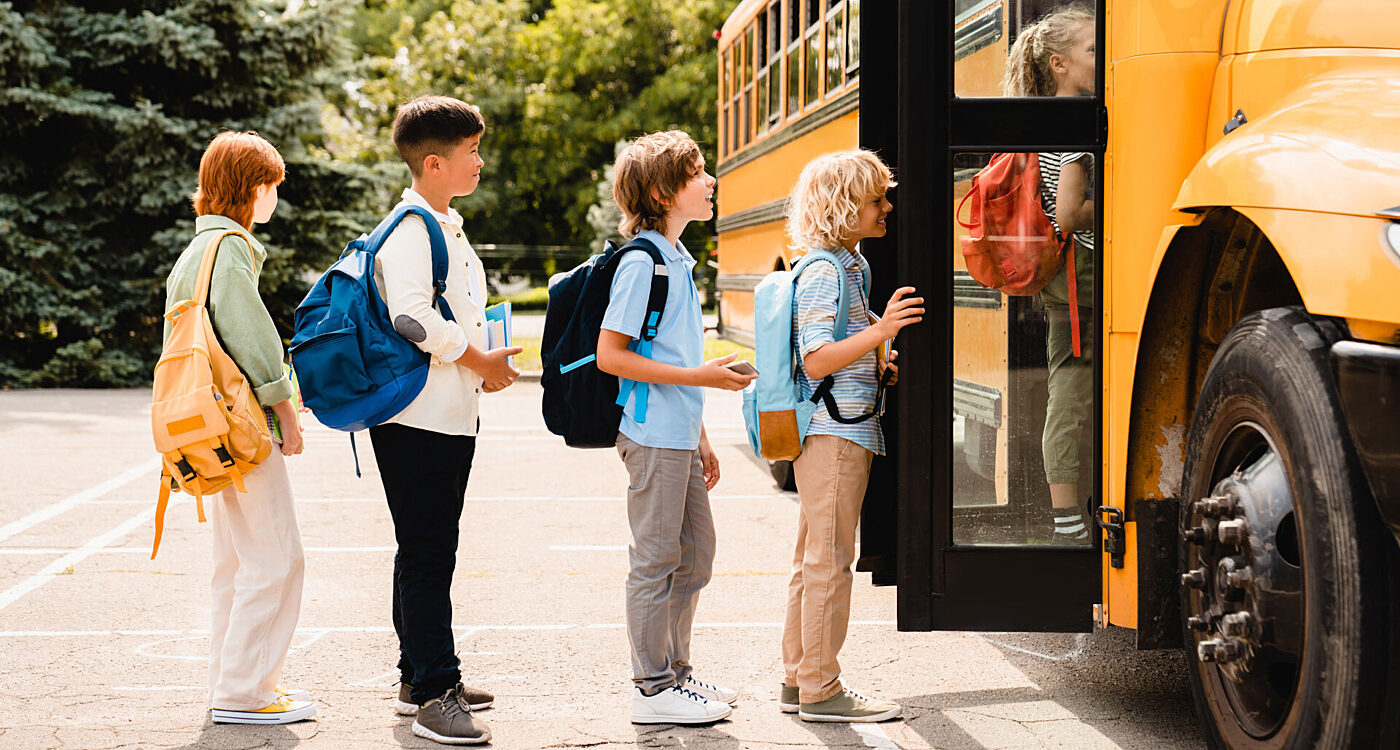Back-to-school season brings excitement, anticipation—and maybe a bit of anxiety. At the Horwitz-Zusman Child & Family Center, our team of experts is dedicated to supporting your child’s success both in and out of the classroom. As the ’25–’26 school year begins, they’ve shared practical tips and guidance to help families start the year strong.
Lauralee Bernstein, M.A. Psychoeducational Assessments
It’s easy for kids (and parents) to become overwhelmed when there is too much on their plates. Avoid over-scheduling and allow downtime to connect with your kids. Give them a chance to talk while you play a game or go on a walk; you can learn all about what’s going on at school, with their friends, or in their activities.
Wendy Grocoff Rudd, CPC Parent Coaching and Family Support
Speaking with experience as a former classroom teacher and a parent who has children who have gone through the school system, I find it helpful for parents to keep in mind that their child's teacher is their best ally. Both parents and teachers have the child's best interest at heart. They both have the common goal of wanting the child to thrive and succeed.
Work as a team. Establish open, honest and trusting communication from the beginning. Never be afraid to ask questions; as long as it's done with respect, teachers appreciate parent involvement.
Marlena Reese, Ed.D. Executive Function Coaching
I was once talking to a parent friend of mine who was out of town on a work trip. She’d called her teenage daughter three times that day, her voice cracking with the kind of panic usually reserved for a house fire or a missing persons’ case. The crisis? She thought her daughter would forget to feed her pet turtle.
Her voice was tight with worry, like something terrible might happen at any moment. But it wasn’t an emergency, it was a turtle. I finally took a breath and said, in my biggest Oprah voice: “Let. The. Turtle. Die.”
It’s not that I don’t care about animals—far from it. It’s that if Mom kept swooping in with reminders, her daughter would never actually learn the responsibility of caring for the turtle, or what happens when she doesn’t. When we constantly rescue our kids from natural consequences, especially kids with ADHD, we interrupt the very learning process that helps them grow. We think we’re helping, but really, we’re over-functioning. We’re shielding them from the very experiences that teach time management, self-awareness, and cause and effect. Sometimes the best way to teach responsibility is to step back and let the lesson happen.
Bracha Schulgasser, LMSW Clinician
It's a great time to remember, as our children return to school, that their emotional well-being is very connected to their academic success. Kids thrive when they feel seen, heard, and supported at home. A quick daily check-in like 'What made you smile today? What was kind of tricky?' can go a long way. Bonus points if you ask while handing them a snack plus some couch time together—those first few days can be exhausting for them, and they talk more when their tummies are full!
Sarah Thomas, LMSW Clinician
As the school year begins, many kids are facing big changes—new routines, teachers, classmates, even new schools. These shifts can feel overwhelming, and children often don't yet have the skills to understand or express their emotions clearly. Instead, their feelings show up through behavior. What looks like acting out is often a sign of stress or dysregulation—not defiance.
This season, try to meet your child’s behavior with curiosity and compassion. Your calm presence is one of the most powerful tools for helping them feel safe and supported.
Lori Wilson, Ph.D. Psychoeducational Assessments
As students go back to school, I always encourage parents to fill teachers in on "where you left off" from the last school year. This often includes areas of concern that you would like their help to monitor. Sometimes, weaknesses may arise one year, but with growth, maturity, and interventions, these are less pronounced the following year. At other times, patterns of weaknesses may continue. When you provide teachers with specific areas you are monitoring, they know that you are parent that is collaborative and interested in their perspective on your child. As a result, your child's teacher might reach out sooner to share observations or concerns.
